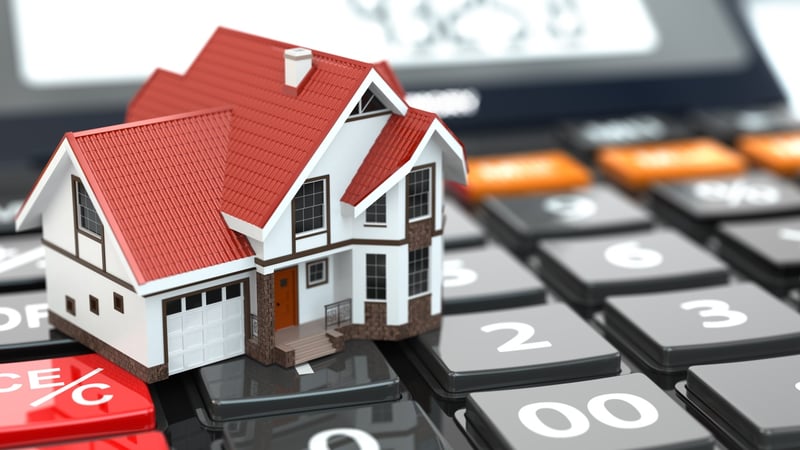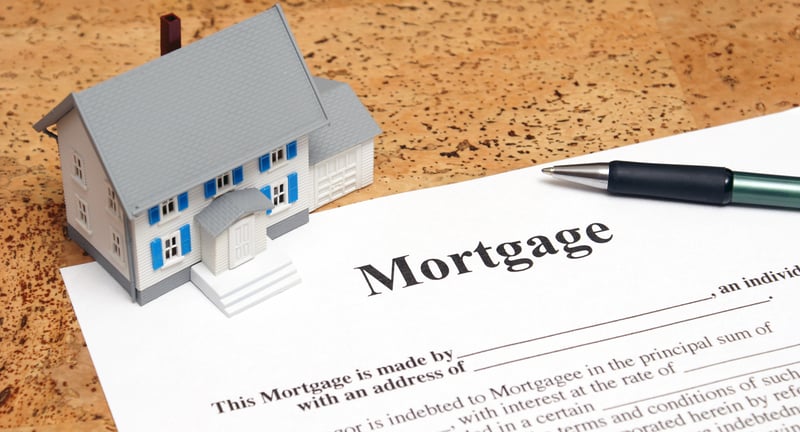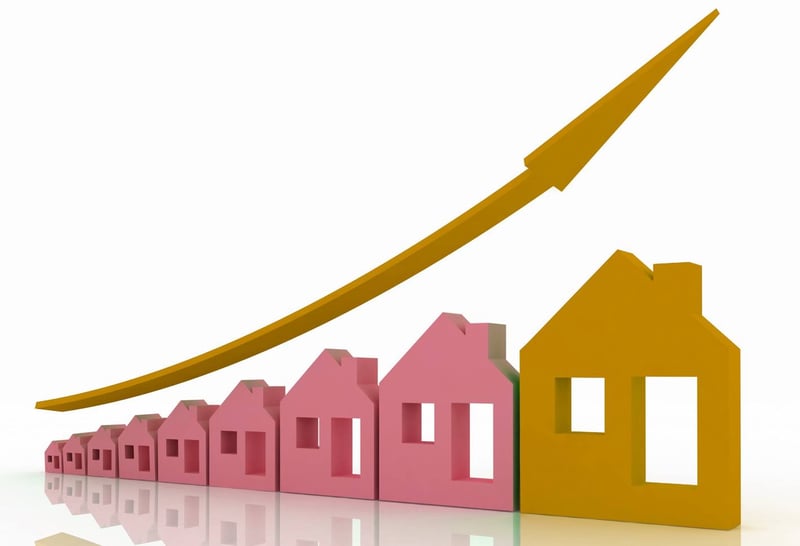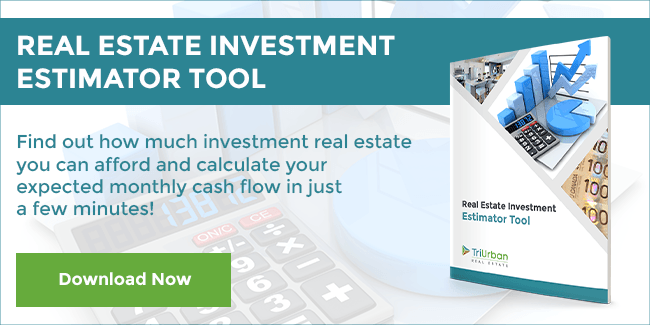 To come out on top in real estate investing, you need both dollars and sense. When you buy a property, you’re investing tens of thousands of dollars into a single investment vehicle.
To come out on top in real estate investing, you need both dollars and sense. When you buy a property, you’re investing tens of thousands of dollars into a single investment vehicle.
Naturally, you need to carefully consider whether or not this is a good move.
By crunching the numbers, you can look at an investment more subjectively, allowing you to make the right decision for you.
Down Payment Requirements
You should plan on having a 20% down payment for your income property.
Of course, the exact amount you’ll need will vary depending on the property you purchase, but you’ll likely need at least $50,000 to make your purchase. The bigger the property, the more money you’ll need. This is a large sum for many people, and it’s one of the biggest barriers to getting into the investing market.
However, there’s one exception. If you plan to live in the property you purchase - such as having a basement suite in your primary residence - you may only need 5 or 10 percent for your down payment. If you’re unsure of the requirements, ask a lender.
 Mortgage Qualification
Mortgage Qualification
Mortgage qualification for an investment property is typically viewed differently versus a mortgage for your personal residence.
Banks may still require you to meet certain income levels in order to qualify for the mortgage. However, as a rental unit, there are cases where the lender may count the money you’ll earn from rent as income towards your qualification. In today’s lending environment, lenders still may want to also see that you have the ability to pay for the mortgage during times of vacancy.
The Mortgage Payment and Going Rental Rates
Banks have their parameters on how much you can afford each month, but it’s smarter to look at your budget yourself. To do this, you’ll need to calculate the monthly mortgage payment. You can easily do this with a mortgage calculator.
Once you know how much a particular type of home will cost, you can look around at area rental rates to see how much you’ll likely be able to charge for each unit. Compare the rental rates against your mortgage and other monthly expenses to determine if you can make monthly cash flow.
For instance, if your mortgage payment and other monthly expenses are going to be $3,000 each month and you have two units in a side x side duplex building, you’ll need to charge more than $1,500 per unit to just break even. If the rental market won’t allow you to charge those rates, you may want to consider other options.
 Should You Factor in Appreciation?
Should You Factor in Appreciation?
Properties tend to increase in value, but this is highly variable. In a good year, in a hot market, you can see significant gains. Most of the time, though, the percent of the increase is in the single-digit range.
Of course, there’s always a chance that the value could decrease. But let’s be real – we will always see ups and downs in any real estate market. Long-term real estate has historically proven to increase in value.
Good properties in good locations will always attract tenants, produce rental income and set you up for some great long term results.
Investing in income property is a big decision and one that can cause you grief if you buy the wrong property in the wrong area that attracts the wrong tenant profile.
But investing is not that difficult. However, you should carefully consider and understand your goals and objectives with real estate before you pull the trigger and invest your money. At TriUrban, we can help you crunch the numbers to see what type of property is going to be the best for you to choose. Give us a call today to get started.
